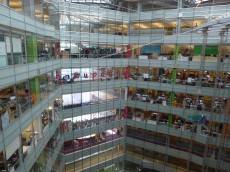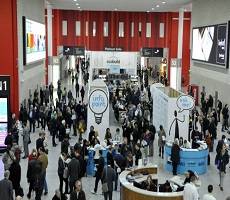December 6, 2013
Don’t be caught by surprise by the hidden costs of commercial property
 According to Colliers International’s recent Global Investor Sentiment Report, 2014 will see an increase in commercial property investor confidence, with 74 per cent of UK based investors saying they were more likely to risk investing across all property sectors, although offices remain the most popular category to invest in. Yet despite this vote of confidence, it seems strange to report that the real costs involved in property acquisition and maintenance, are frequently overlooked by the purchasers. It appears that businesses often have a patchy knowledge of the range of costs involved in owning or leasing commercial real estate, which is surprising when you consider that a company’s biggest single investment next to its workforce is commercial property.
According to Colliers International’s recent Global Investor Sentiment Report, 2014 will see an increase in commercial property investor confidence, with 74 per cent of UK based investors saying they were more likely to risk investing across all property sectors, although offices remain the most popular category to invest in. Yet despite this vote of confidence, it seems strange to report that the real costs involved in property acquisition and maintenance, are frequently overlooked by the purchasers. It appears that businesses often have a patchy knowledge of the range of costs involved in owning or leasing commercial real estate, which is surprising when you consider that a company’s biggest single investment next to its workforce is commercial property.
























December 13, 2013
One of the most important things we need at work is shelter from the storm
by Nigel Sikora • Comment, Workplace design
More →